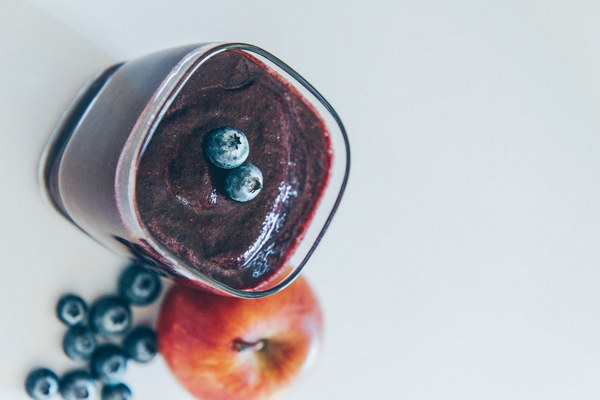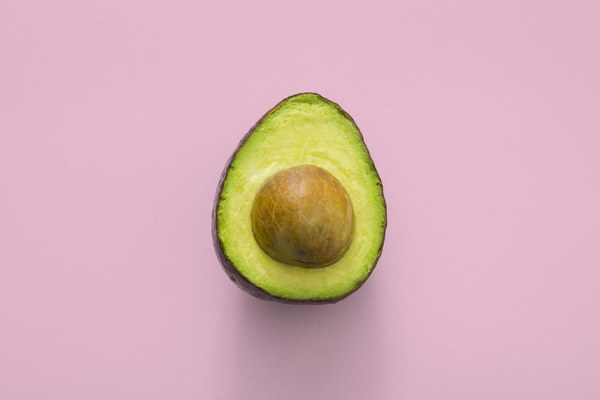Should We Prioritize Qi over Blood in Tonifying the Body
In traditional Chinese medicine, tonifying Qi and Blood are fundamental concepts that are crucial for maintaining health and vitality. The question of whether to prioritize Qi over Blood in the process of tonifying has been a topic of debate for centuries. This article aims to explore this question and provide insights into the rationale behind prioritizing Qi in the tonification process.

Firstly, it is essential to understand the fundamental differences between Qi and Blood in Chinese medicine. Qi, often translated as vital energy, is considered the fundamental substance that animates the body, sustains growth, and maintains physiological functions. Blood, on the other hand, is seen as the substance that nourishes the tissues, organs, and cells, providing them with the necessary nutrients and oxygen for their proper functioning.
The concept of prioritizing Qi in tonification is rooted in the understanding that Qi is the primary source of energy for the body. In traditional Chinese medicine, Qi is believed to be the essence of life itself, and its proper functioning is essential for good health. If Qi is deficient, it can lead to various health issues, such as fatigue, weakness, and a weakened immune system.
When it comes to tonifying Qi and Blood, the principle Qi leads Blood holds significant importance. This principle suggests that Qi is the driving force behind the production, circulation, and utilization of Blood. Without adequate Qi, Blood cannot be generated or circulated effectively, leading to Blood deficiency. Therefore, addressing Qi deficiency first is crucial to ensure that Blood deficiency does not occur or worsens.
Prioritizing Qi in tonification can be explained through the following points:
1. Qi as the foundation: As the fundamental energy of the body, Qi serves as the foundation for all physiological activities. Without a strong Qi, the body's ability to produce and circulate Blood is compromised. By tonifying Qi, we create a solid foundation for Blood production and circulation.
2. Qi's role in Blood production: According to traditional Chinese medicine, Qi is transformed into Blood in the spleen and liver. A strong Qi ensures that the spleen and liver can perform their functions efficiently, resulting in the production of sufficient Blood.
3. Qi's influence on Blood circulation: Qi helps to propel Blood through the meridians and vessels, ensuring its proper distribution throughout the body. A deficient Qi can lead to Blood stasis, which may cause various health issues, including pain, inflammation, and even blood clots.
4. Qi's impact on immune function: A robust Qi is essential for maintaining a strong immune system. By tonifying Qi, we enhance the body's ability to fight off pathogens and infections, reducing the risk of Blood-related diseases.
While prioritizing Qi in tonification is crucial, it does not mean that Blood tonification should be neglected. Once Qi is sufficiently tonified, the body's ability to produce and circulate Blood will improve, leading to a more balanced state of health.
In conclusion, prioritizing Qi in the process of tonifying the body is a fundamental concept in traditional Chinese medicine. By addressing Qi deficiency first, we ensure that the body has a solid foundation for Blood production and circulation. However, it is important to maintain a balanced approach to both Qi and Blood tonification to achieve optimal health and vitality.









